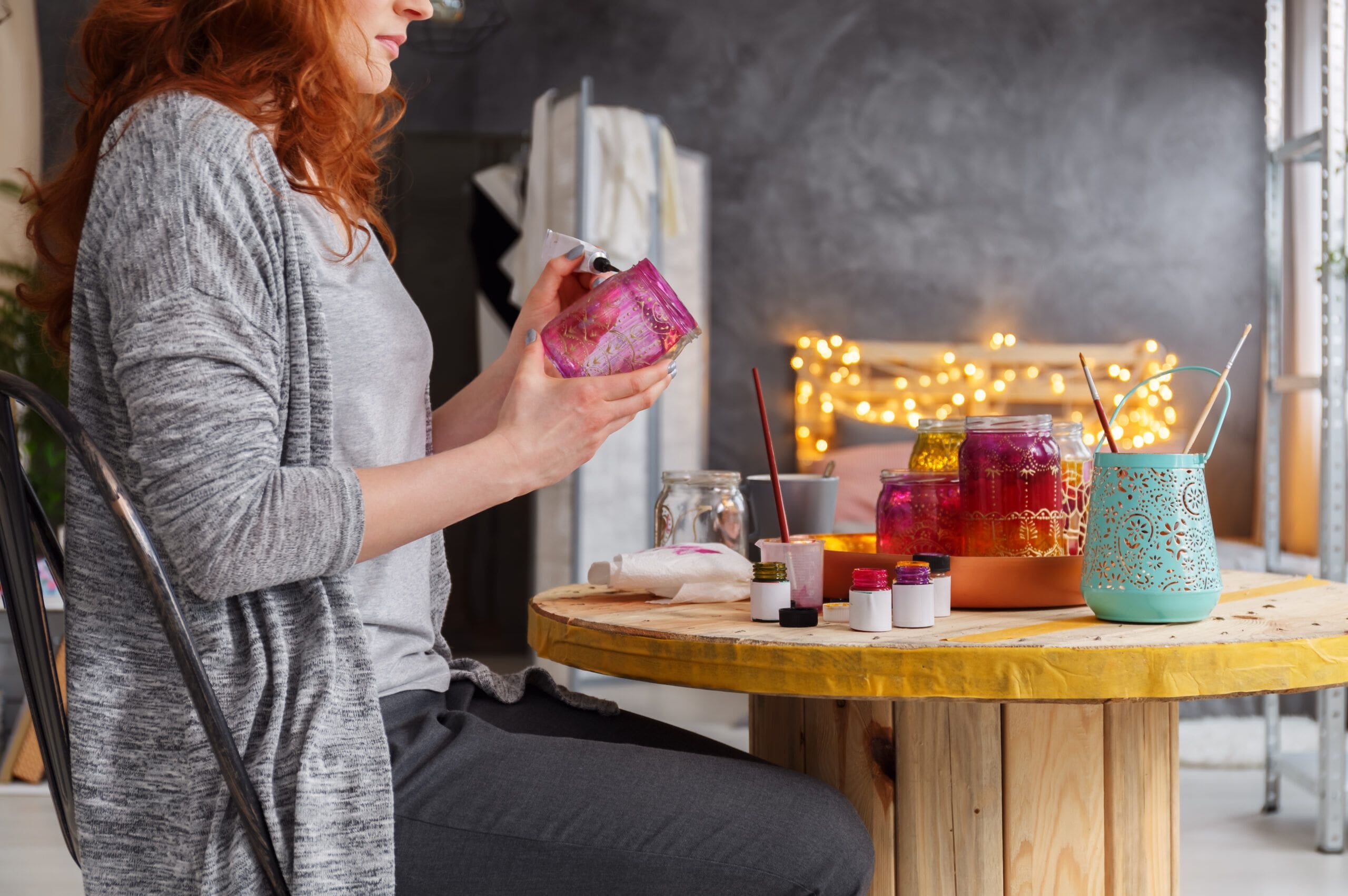As part of a composite motion to conference, Artists’ Union England is calling on the TUC to support UBI trials for workers in the creative industries.
By: LORAINE MONK and MARTIN GOLLAN
UBI is a cash payment unconditionally delivered to all on an individual basis, without means-test or requirement to work.
It offers workers choice and flexibility about the work they do. For anyone unable to work, because, for example, of a disability, top up payments would be made.
UBI provides workers with a shield against exploitative employers. It gives workers more freedom to retrain and to pursue careers in sectors, such as the creative industries, where for all but the most successful, incomes are low and conditions precarious.
Trials of UBI have found it reduces stress and anxiety and improves physical health with fewer workers accessing hospital services.
Proposals for a basic income date back to Thomas Paine. A form of UBI was proposed as an alternative to the Beveridge report.
Interest in UBI has now returned in response to globalisation and automation in the workplace threatening the livelihood of millions of workers.
The Labour Party committed to trials of UBI in its 2019 general election manifesto. The trade union movement was beginning to discuss the issue and its implications for workers when the pandemic struck.
Last year as Covid-19 demanded shutting down the economy, the British government was forced to pour billions of pounds into supporting jobs and services, including furlough payments for employees, grants for self-employed workers and a universal credit top-up.
However, all these schemes were conditional, not all workers benefited, and all are due to end.
This ultimately inadequate response from the Tory government raises the opportunity for the trade union movement to consider, across all sectors, radical future options for both work and entitlements, including UBI.
The Irish government recently confirmed its plans for a trial of UBI for artists. We in AUE call on the TUC to support an introduction of a UBI trial for creative artists in England.
Too many talented people are forced to abandon working in their creative field because they cannot afford to carry on.
Before the pandemic, being an artist was already a precarious career path. Most artists do not earn enough from their practice to support living costs.
In a survey of our members we found that 83 per cent of artists earn less than £10,000 per year from their practice and 20 per cent have three or more jobs to support themselves.
These jobs are generally part-time, zero-hours or short-term contracts. This allows flexibility to work on art projects but not a steady income or benefits like sick pay.
During Covid many artists have experienced the double loss of freelance income and wages as creative opportunities have disappeared and whole sectors such as hospitality have closed.
Creativity is an attribute unique to human beings and developing our artistic talents should not be a luxury only a privileged few can afford.




















